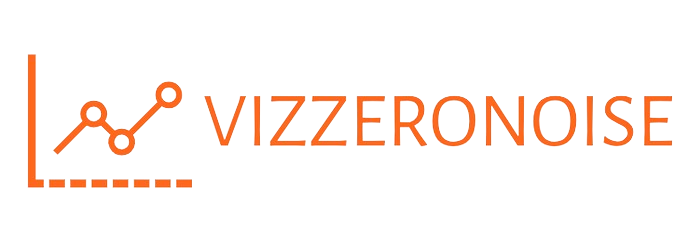Unleash Your Savings Potential: Self-Employed Tax Tricks
Understanding Your Tax Obligations
As a self-employed individual, navigating the intricacies of taxes is crucial for optimizing your savings potential. Unlike traditional employees, self-employed individuals have unique tax obligations and opportunities. It’s essential to understand these obligations and leverage tax-saving strategies to maximize your savings.
Maximizing Deductions and Credits
One of the key advantages of being self-employed is the ability to deduct business expenses from your taxable income. By keeping meticulous records and understanding which expenses are deductible, you can significantly reduce your tax liability. Additionally, self-employed individuals may be eligible for various tax credits, such as the Earned Income Tax Credit or the Child and Dependent Care Credit, further enhancing their savings potential.
Navigating Quarterly Taxes
Self-employed individuals are responsible for paying estimated quarterly taxes throughout the year. Understanding how to calculate and pay these taxes is essential for avoiding penalties and maximizing savings. By staying organized and proactive, you can ensure that you’re meeting your tax obligations while also optimizing your cash flow and savings.
Exploring Retirement Savings Options
Investing in retirement savings is not only a smart financial move but also offers potential tax benefits for self-employed individuals. Options such as SEP-IRAs, SIMPLE IRAs, and Solo 401(k) plans allow self-employed individuals to save for retirement while reducing their taxable income. By contributing to these accounts, you can lower your tax liability and build long-term financial security.
Utilizing Home Office Deductions
Many self-employed individuals operate their businesses from home, making them eligible for home office deductions. By calculating the percentage of your home used for business purposes, you can deduct expenses such as utilities, rent or mortgage interest, and property taxes. Leveraging home office deductions can result in significant tax savings and boost your overall financial health.
Seeking Professional Guidance
Navigating self-employed taxes can be complex, so seeking professional guidance from a qualified tax advisor or accountant is often a wise decision. A knowledgeable professional can help you identify additional deductions and credits, ensure compliance with tax laws, and develop a strategic tax plan to maximize your savings potential. Investing in professional guidance can ultimately save you time, money, and stress.
Staying Organized Year-Round
Effective tax planning requires year-round attention to your finances. By staying organized and keeping detailed records of your income and expenses throughout the year, you can simplify the tax-filing process and identify additional savings opportunities. Utilize accounting software or hire a professional bookkeeper to streamline your record-keeping and ensure accuracy.
Monitoring Tax Law Changes
Tax laws and regulations are subject to change, so staying informed about updates and revisions is crucial for maximizing your savings potential. By staying abreast of changes in tax laws, you can adapt your tax strategy accordingly and take advantage of any new deductions or credits that may be available to you. Keeping informed and proactive can help you optimize your tax savings and maintain financial stability.
Networking with Other Self-Employed Professionals
Networking with other self-employed professionals can provide valuable insights and tips for maximizing tax savings. By connecting with peers in your industry or joining professional organizations, you can learn from their experiences and strategies for reducing tax liabilities. Additionally, networking can lead to potential collaborations or business opportunities that can further enhance your financial success.
Investing in Continuous Learning
Finally, investing in continuous learning about self-employed taxes and personal finance can empower you to make informed decisions and maximize your savings potential. Whether through books, online courses, or workshops, there are countless resources available to help you deepen your understanding of tax strategies and financial management. By committing to ongoing education, you can unlock new opportunities for savings and financial growth. Read more about self employed tax tricks


